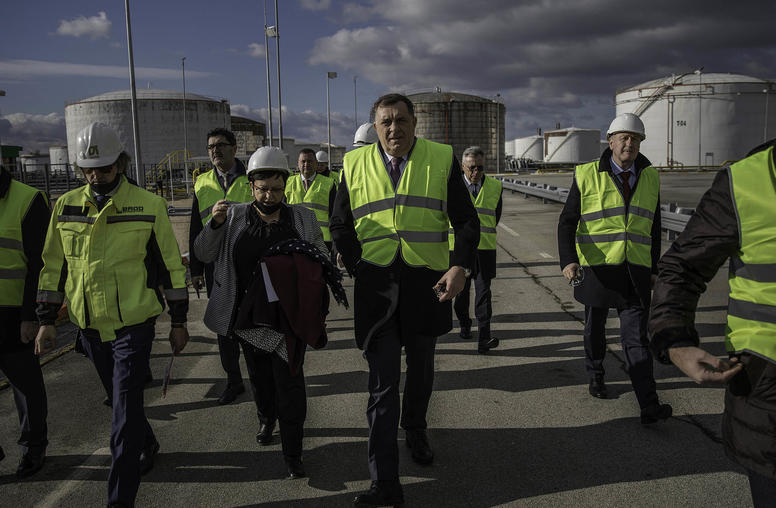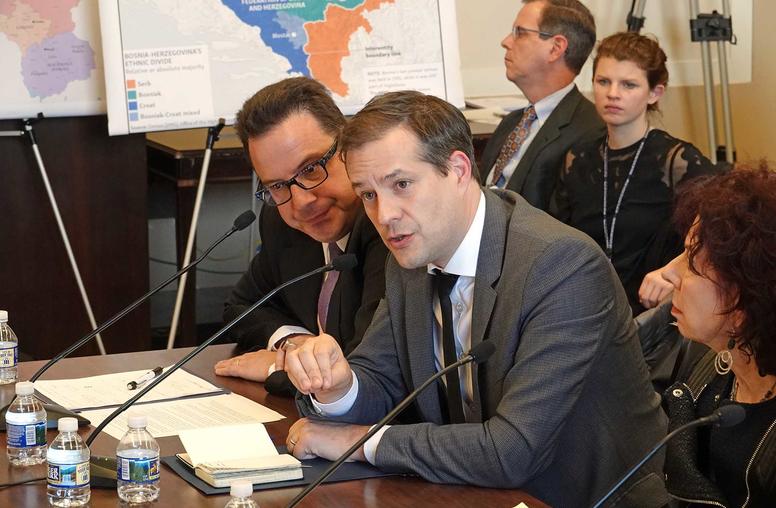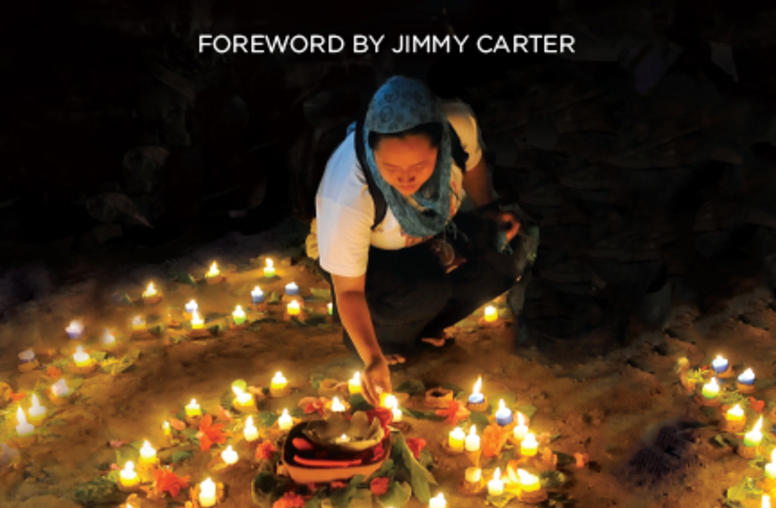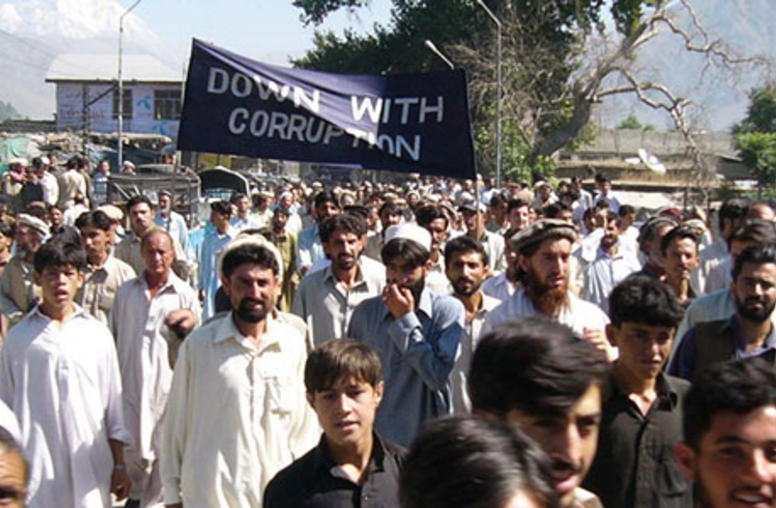Where Is the Lone Ranger? Second Edition
America's Search for a Stability Force
Where Is the Lone Ranger? Second Edition examines the evolution of U.S. policy toward peace and stability operations through the prism of U.S. experiences with police and constabulary forces in Bosnia, Kosovo, Iraq, and Afghanistan.
"A timely assessment of America's ability to develop and field an essential component of stability operations--constabulary forces, also known internationally as 'formed police units.' Perito demonstrates their importance by drawing on American experience, particularly in Iraq and Afghanistan and explains why America has been slow to arrive at this solution, as well as why its governmental system inhibits its implementation."
—David Bayley, Distinguished Professor Emeritus and former Dean, School of Criminal Justice, State University of New York, Albany
Where Is the Lone Ranger? Second Edition examines the evolution of U.S. policy toward peace and stability operations through the prism of U.S. experiences with police and constabulary forces in Bosnia, Kosovo, Iraq, and Afghanistan.
Perito uses a series of dramatic case studies to show how the U.S. was ill-prepared to prevent looting, control civil unrest, and fight insurgency because of an absence of U.S. police and constabulary in its force inventory. He chronicles the costs to the U.S. of relying upon allied forces in the Balkans and indigenous forces in Iraq and Afghanistan when those conflicts demanded more than conventional forces. To address the gap, Perito calls for creating a U.S. Stability Force of police, constabulary, and judicial teams to establish sustainable security and the rule of law in future peace and stability operations.
About the Author
Robert M. Perito is a senior program officer in the Center for Post-Conflict Peace and Stability Operations. He is also the coordinator of the Peacekeeping Lessons Learned Project and the Haiti Working Group. He joined USIP in 2001 and has worked for the Professional Training program and the Rule of Law program. He was also a senior fellow in the Jennings Randolph Fellowship program. Before joining USIP, he served as deputy director of the International Criminal Investigative Training Assistance Program at the U.S. Department of Justice. In that role, he was responsible for providing policy guidance and program direction for peacekeeping operations in Haiti, Bosnia, East Timor, and Kosovo and in postconflict environments in Albania, Croatia, and Macedonia. Perito previously was a career Foreign Service officer with the U.S. Department of State, retiring with the rank of minister counselor. His assignments included service as deputy executive secretary of the National Security Council (1988–89). He received a Presidential Meritorious Service Award in 1990 for his leadership of the U.S. delegation to the Angola peace talks. Before joining the Foreign Service, Perito served as a rural development officer with the Peace Corps in Nigeria. Perito has taught at Princeton, American, and George Mason Universities and holds a master’s in peace operations policy from George Mason University.



